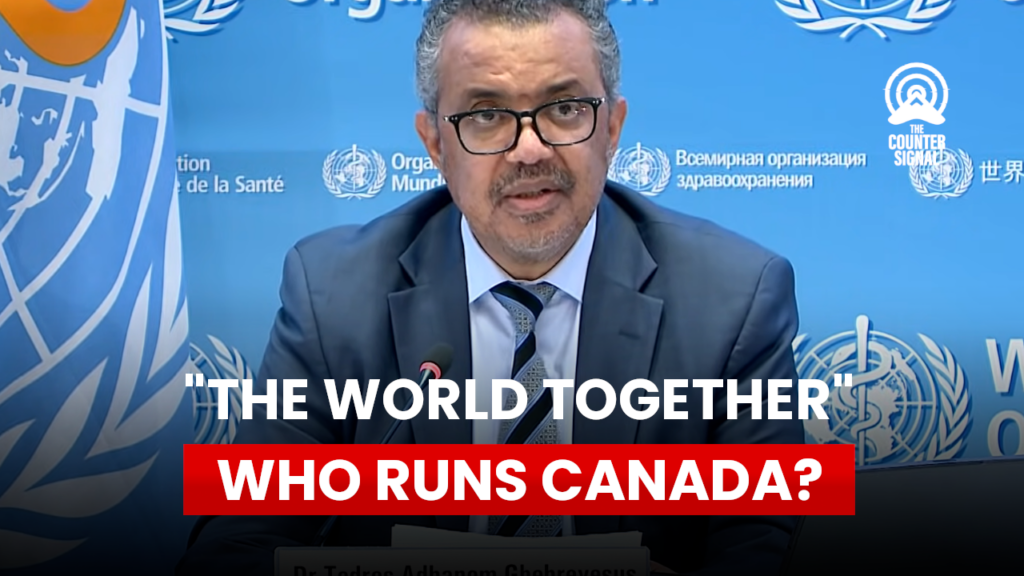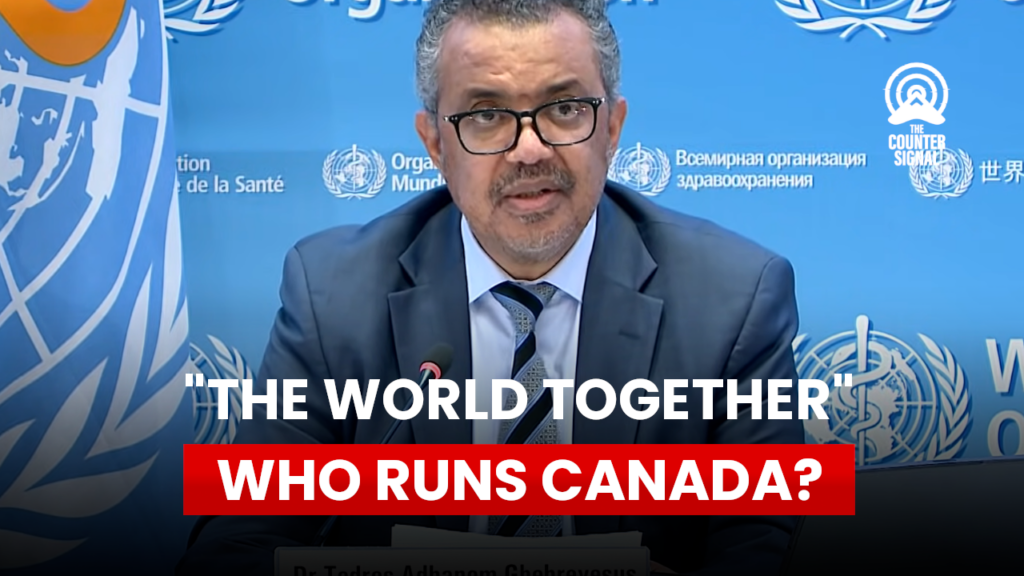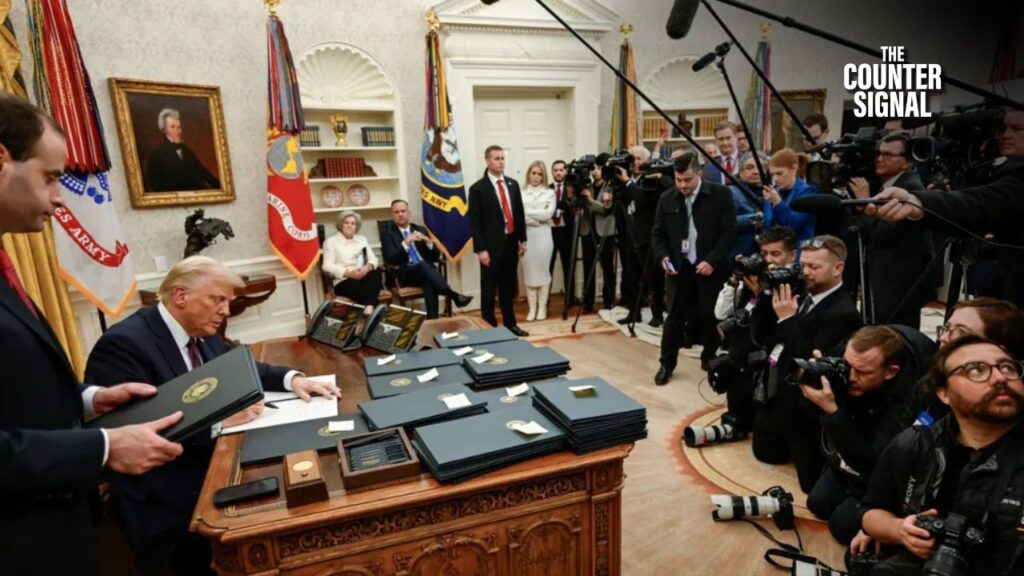The WHO is developing a global pandemic treaty that will legally bind countries to its policies by 2024 and further crush whatever sovereignty Canada once had.

“The World Together,” the WHO titled their Special Session in December.
The treaty is to be upheld by the WHO’s constitution, which under Article 19 “[provides] the World Health Assembly with the authority to adopt conventions or agreements on any matter within WHO’s competence.” [Emphasis added]
This authority was originally designed to pertain only to the WHO Framework Convention on Tobacco Control but is being expanded to include dictating Member States’ future pandemic responses.
WHO – if The Pandemic Treaty passes they will have total control over sovereign nations’ response to diseases.
— Bernie's Tweets (@BernieSpofforth) April 6, 2022
It will supersede the Constitutions & laws of 194 countries, removing decision making away from democratically elected governments.#Who
pic.twitter.com/Pf8PcUM4Vp
Colloquially, it’s being called the new pandemic treaty.
Christine Anderson — the EU member who recently bashed Trudeau — views this treaty as a globalist coup by the WHO.
“Many who favour the treaty believe that it offers the best way to increase political commitment from states to reform global health governance,” she said at the EU Parliament.
“However, the COVID-19 pandemic demonstrates that this proposition has no basis in fact. Government responses to COVID-19 have purportedly violated or manipulated many treaties, including human rights agreements.”
“To what extent will the Commission ensure that the citizen, who has no direct vote in a body such as the WHO, is not bypassed in the decision-making process and that a shift of competence further and further away from the voter does not lead to an increasing ‘de-democratization’ of our society?”
Indeed, this treaty would strengthen the WHO’s stranglehold on otherwise sovereign nations and will expand their already bloated powers.
The WHO Pandemic Preparedness Treaty will usher in global government by stealth, giving it unconstitutional powers to make rules and regulations in sovereign nation states. It must not be implemented.https://t.co/CnogpjP1L9
— David Kurten (@davidkurten) April 6, 2022
As previously reported by The Counter Signal, Canada’s adherence to the WHO’s International Health Regulations was used to justify travel bans against the unvaccinated, effectively making them prisoners in their own country. It was never about “the science.”
According to a Government of Canada report published in May 2021, “Canada’s border measures are informed by obligations under the International Health Regulations (IHR). The IHR is an instrument of international law that is legally binding on 196 countries to limit the spread of health risks while preventing unwarranted travel and trade restrictions. Recognizing the IHR, Canada cannot impose health-related travel restrictions except in situations of public health emergencies (such as COVID-19). When doing so, Canada must recognize the rights of travellers concerning treatment of personal data, informed consent and non-discrimination.”
Of course, Canada failed on the non-discrimination front, going above and beyond their obligations.
In the future, the pandemic treaty will not only ensure that Canada abides by such obligations but will also put the WHO in the driver’s seat, so to speak. Canada will take its orders directly from the organization.
This development shouldn’t be too surprising, though, as WHO Director Tedros Adhanom Ghebreyesus previously stated that he disapproves of the “me-first approaches that stymie the global solidarity needed to deal with a global threat.”
In other words, Tedros and the WHO don’t like how some countries implemented COVID policies or that they outright disregarded the WHO’s International Health Regulations. So they’re developing a treaty that will give them direct authority to facilitate international obedience.
The Committee met on March 1 and will meet again in August to continue drafting the treaty, which they hope to implement by 2024.










